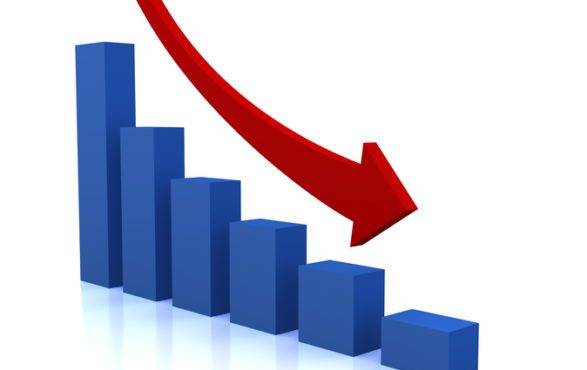Ghana’s fertility rate on decline – Survey

Birth among women have reduced significantlyin recent times, a new survey by the Ghana Statistical Service (GSS) has revealed.
The survey pointed to a decline in fertility rate that has seen a 1988 statistic of a woman having a minimum of six children dropped to four children per woman in 2022.
The Ghana 2022 Demographic and Health Survey (GDHS), the seventh since 1988, was designed to provide datatomonitor the population and state of health in Ghana.
It aims to provide reliable estimates for fertility levels and preferences, contraceptive use, antenatal and delivery care, maternal and child health, childhood mortality, childhood immunization, breastfeeding and young child feeding practices, violence against women and other indicators relevant to the Sustainable Development Goals (SDG).
According to the report, women in the lowest wealth bracket tends to have six children on the average which is twice as many as women in the highest wealth bracket who have an average of about three children.
Regionally, the fertility rate ranges from two to three children per woman in the Greater Accra region to about six children or more per woman in the North East region.
It also revealed that the median age at first sexual intercourse is 18 years among women aged 25 to 49 and 20 years among men the same age.
The report also stated that the average age at first birth for women aged between 25 and 49 years is 22, saying “this means that half of women aged 25 and 49 years give birth for the first time before this age.”
Reacting to the statistics, a section of women The Spectator spoke to, confirmed the new data and gave reasons such as education, economic hardship and trauma during pregnancies for the development.
Mrs Roselyn Mensah, a banker said she has two children and did not think she would have another child.
According to her, “I want to give my children the best of education. Their fees are a lot and having additional children means we would have to pay more. My husband and I have decided to concentrate on the two and help them attain the highest level of education.”
Madam Ama Serwaa Boateng, a mother of three said, her last pregnancy nearly turned fatal so she decided to end it at three; although her dream was to have four.
Mrs Gifty Oppong, a 40-year old petty trader said, she has four children, adding that the last one was ‘unexpected.’
She cited economic reasons for the decision to have three children initially, saying that “business is not booming as it used to.”
By Jemima Esinam Kuatsinu















